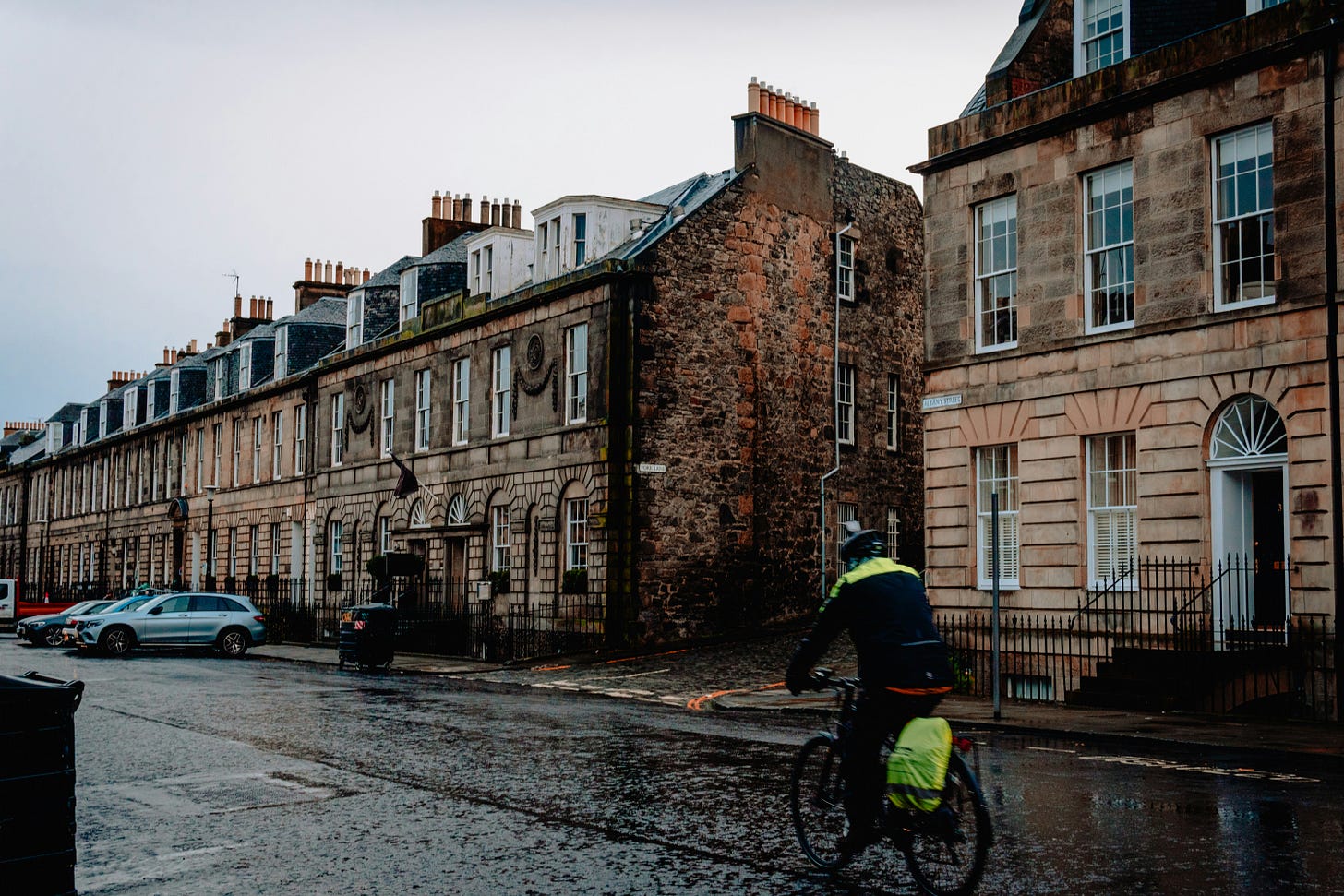Lethal potholes, danger junctions and guarded optimism: cyclists on the city's road plans
Public meeting highlights road safety concerns hours before young cyclist's death

From a cycle network within 400 metres of every home, to a new tramline and more electric buses, to the elimination of through-traffic in the city centre, there can be no doubt that the council’s plans to transform city transport are ambitious.
There was a clear enthusiasm and demand for details about how and when these changes would be delivered at a public meeting organised by Spokes Cycle Campaign about the council’s Future Streets plans. This was obviously a cyclists’ meeting; there were more pannier bags than rucksacks under seats, and high-viz jackets were slung over the backs of chairs in Augustine United Church. But the Q+A session revealed that there weren’t only cyclists in the packed-out hall: residents passionate and concerned about walking, greenspaces, music venues and motor traffic were present and engaging in the discussion too.
Safety, business concerns and the Roseburn Path
There is, of course, no shortage of questions on such an enormous plan as Future Streets, but concerns raised last Thursday centred around three topics: the elimination of through-traffic in the city centre, measures to improve cyclists’ safety, and, of course, the Roseburn Path.
The plan to close much of Edinburgh’s city centre to through-traffic is one of the most ambitious sections of the Future Streets programme. The council plans to pilot restrictions on the Cowgate this year, before implementing road closures, lane reallocations, parking reductions and other measures with the aim of to limiting much of the city centre motor traffic to essential business and residential private vehicles only. While some are asking “why not more?” others, particularly those who run businesses in the city centre, have raised concerns about access for deliveries and visitors who often come from well outside Edinburgh’s public transport network.
Councillor Scott Arthur, convenor of the council’s transport committee, and one of the speakers at the Spokes meeting, clarified that restrictions will focus on “non-essential car traffic” - that those with blue badges, those who need to make deliveries, or people accessing their homes, will not be prevented from taking vehicles into the centre. He also said consultation with businesses and residents on the Cowgate, where music venues have raised particular concerns about access for performers and their equipment, are only just beginning now. According to Laura Laker, active travel journalist and writer, and second speaker on the night, these consultations will be crucial for the success of the car restrictions. “Street use change is successful when businesses are consulted and know what will happen,” she said, “And when councils are agile, responding to residents’ feedback. This builds trust.”




